Interview Questions
Interview processes and questions asked can vary from company to company. First-stage interviews can be more formal and include a general line of questions; while others can be quite structured and consist of behavioural and situational questions. It is important to ask what the nature of the interview will be so that you can best prepare for success.
General
This should be a brief background of your career, capabilities and qualifications. This is often the perfect time for your elevator pitch. Begin with phrases like “friends would say that I…” or “I’m known for…”
What the interviewer really wants to know here is whether your strengths match the skills of the role and company. Keep that in mind and respond truthfully and with examples.
No one is perfect and claiming to have no weaknesses can often be detrimental. In most cases, the interviewer wants to see that you’re aware of your skill gaps and are keen to improve, so respond with an example of how you’re trying to overcome your weaknesses. A good example could be lack of experience. It is also helpful to choose a trait that can also be a strength. E.g. having close attention to detail may mean it’s difficult for you to move onto new projects, but that you work to a high standard.
Don’t sell yourself short. Recall some of the achievements in your resumé. Remember the FAB (Features, Advantages and Benefits) approach and tell a story to illustrate the point.
know about the company, what they do and whatthey value.
Then, ask any questions you’d like to know and explain why you’re a good fit.
Keep the reasons for leaving your last job
positive. E.g. “there was a restructure and my
department was affected”. Other reasons may focus on your career goals, such as “I was looking for career growth which wasn’t available”. Remember, never say anything negative about your past job, employer or colleagues.
Keep the reasons for leaving your last jobpositive. E.g. “there was a restructure and my department was affected”. Other reasons may focus on your career goals, such as “I was looking for career growth which wasn’t available”. Remember, never say anything negative about your past job, employer or colleagues.
Other questions can include:
- What were some of the problems in your last job and how did you handle them?
- What attracted you to this job?
- Why do you think you’re the best person for this job?
- What sort of people do you like to work with?
- What training have you had?
What salary are you looking for? - What were you earning in your last job?
- What did you learn in your previous job?
- What would your last employer say about you?
- What were some of the problems in your last job and how did you handle them?
- What attracted you to this job?
- Why do you think you’re the best person for this job?
- What sort of people do you like to work with?
- What training have you had?
- What salary are you looking for? What were you earning in your last job?
- What did you learn in your previous job?
- What would your last employer say about you?
Behavioural
Behavioural-based interview questions describe a situation. You may be asked to talk about a similar situation in your past and how you addressed it. The aim is to see what you learned from your mistakes or what you’d do differently next time. Using this technique stops applicants giving practiced answers while helping the interviewer assess whether you’re suited to the job. To prepare, you can use the STAR method. Situation or Task means describe the specific event or situation you were in or the task you needed to achieve – this can be from a previous job, volunteer experience or anything else. Action refers to what you did so accurately describe the action you took. Result talks to what you achieved. How did you contribute to the company? What did you learn?
(a) What was the problem?
(b) How did you work out the cause and solve the problem?
(c) What was the outcome and what did you learn?
(a) What was the situation?
(b) How did you convince the person to see things your way?
(c) What was the outcome and what did you learn?
(a) What was the situation and how long did you work for?
(b) How did you cope under pressure?
(c) What was the outcome and what did you learn?
(a) What was the project?
(b) How did you plan it?
(c) What was the outcome and what did you learn?
(a) What was the situation?
(b) How did you give support?
(c) What was the outcome and what did you learn?
(a) What was the conflict?
(b) How did you deal with it?
(c) What was the outcome and what did you learn?
Behavioural
(a) Think of a time when you constructively dealt with a conflict.
(b) How did you handle it and what was the result?
(c) What did you learn and how will you apply that in the future?
(a) Has this ever happened to you before and how did you respond?
(b) Did it help and what did you learn?
(c) What would you do the again and what would you do differently?
(a) Think of a time when you successfully learned how to do something.
(b) What strategies helped you in the past?
(c) How would you respond in the future?
Asking questions in an interview can be even more important than giving answers, especially if they show interest in the employer, curiosity for the role and reinforce that you’ve been paying attention. Remember you shouldn’t ask questions about salary or career advancement straight away.
